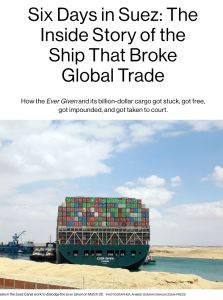
Article
Six Days in Suez
The Inside Story of the Ship That Broke Global Trade
Bloomberg Businessweek ,
2021
Recommendation
The Suez Canal shortens cargo transit between Europe and Asia by weeks, but it is hard to navigate. Massive ships carry thousands of containers down the relatively narrow, not-so-deep canal. An accident – like the giant ship Ever Given going aground and blocking the canal – causes an economic riptide. As Kit Chellel, Matthew Campbell and K. Oanh Ha report in Bloomberg Businessweek, this accident stalled billions in goods and paralyzed the just-in-time supply chain.
Summary
About the Authors
Kit Chellel is a senior writer for Bloomberg Businessweek based in London, England. Matthew Campbell, the Asia Editor for Bloomberg Businessweek, writes about international politics and business. K. Oanh Ha is a senior reporter covering Asia for Bloomberg Businessweek.
By the same authors
Book
Article
Learners who read this summary also read
Book
Book











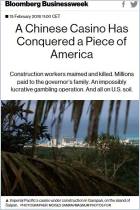
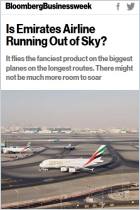
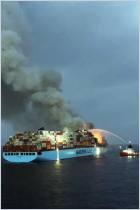
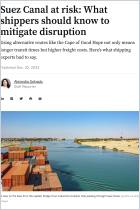
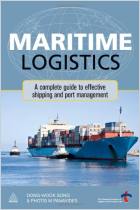

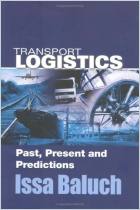
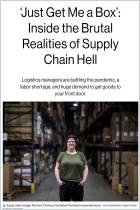

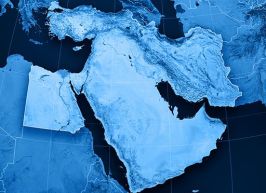


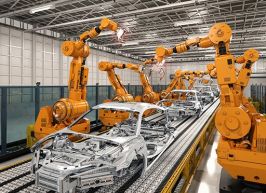

Comment on this summary or 开始讨论